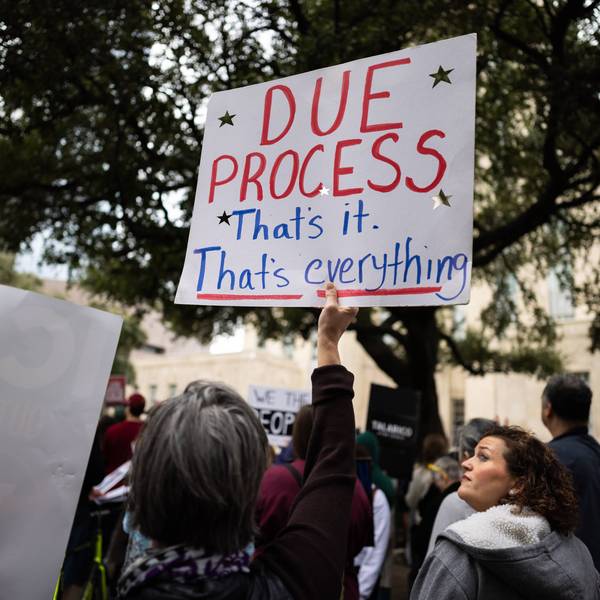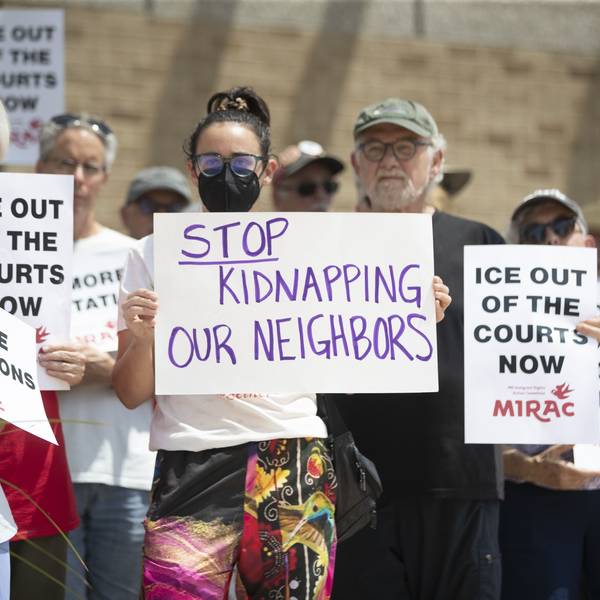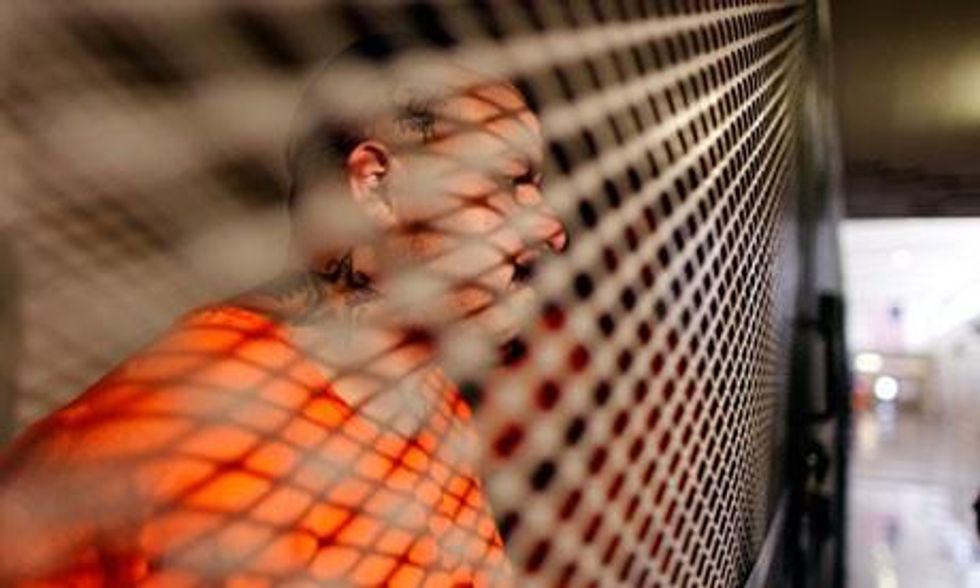The right to a fair trial effectively does not exist for federal drug defendants in the
United States.
So finds a 126-page report released by Human Rights Watch on Thursday entitled An Offer You Can't Refuse: How US Federal Prosecutors Force Drug Defendants to Plead Guilty.
This groundbreaking study tracks the process by which federal prosecutors systematically use the threat of severe punishment to coerce drug defendants into pleading guilty and waiving their constitutionally protected right to a fair trial.
Case reviews and interviews with federal prosecutors, defense attorneys and judges reveal prosecutors have broad latitude to levy such threats, because they determine which charges are brought against the defendant and whether prior drug felonies are included in the sentence--factors that can bring staggering penalties, including mandatory minimum sentences.
The small minority who go to trial are harshly punished for doing so. In 2012, federal drug defendants who went to trial faced average sentences of 16 years, three times the average of five years and four months for those who pled guilty, Human Rights Watch finds.
This system creates a strong incentive to avoid trial, with a stunning 97 percent of federal drug defendants pleading guilty in 2012, according to the report.
Previous research shows that significant racial bias plague drug detentions, disproportionately penalizing black people despite evidence that white people are just as likely, if not more likely, than black people to use drugs.
"Prosecutors give drug defendants a so-called choice - in the most egregious cases, the choice can be to plead guilty to 10 years, or risk life without parole by going to trial," said Jamie Fellner, senior adviser to the US Program at Human Rights Watch and author of the report. "Prosecutors make offers few drug defendants can refuse. This is coercion pure and simple."
"Going to trial is a right, not a crime," Fellner added. "But defendants are punished with longer sentences for exercising that right."
_____________________




